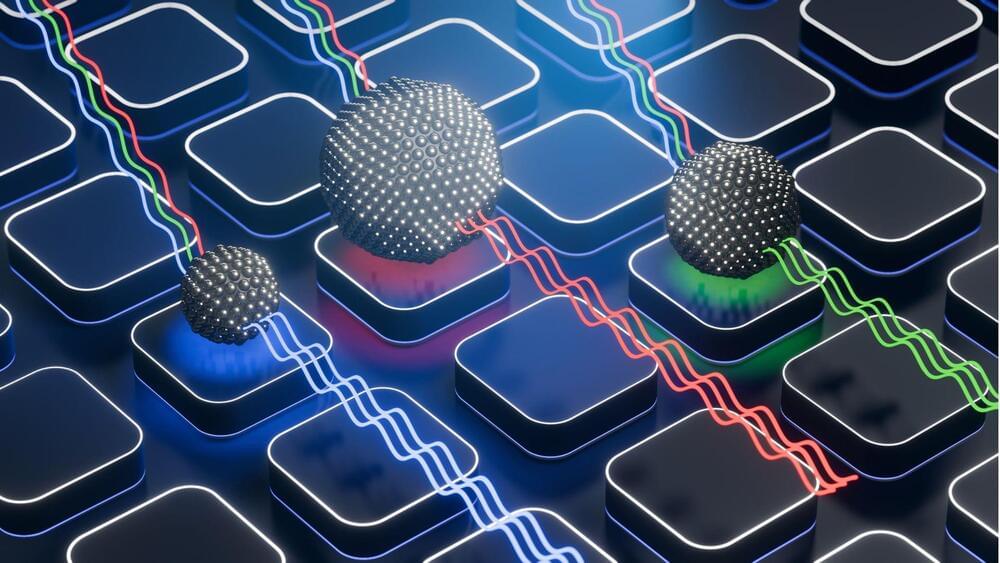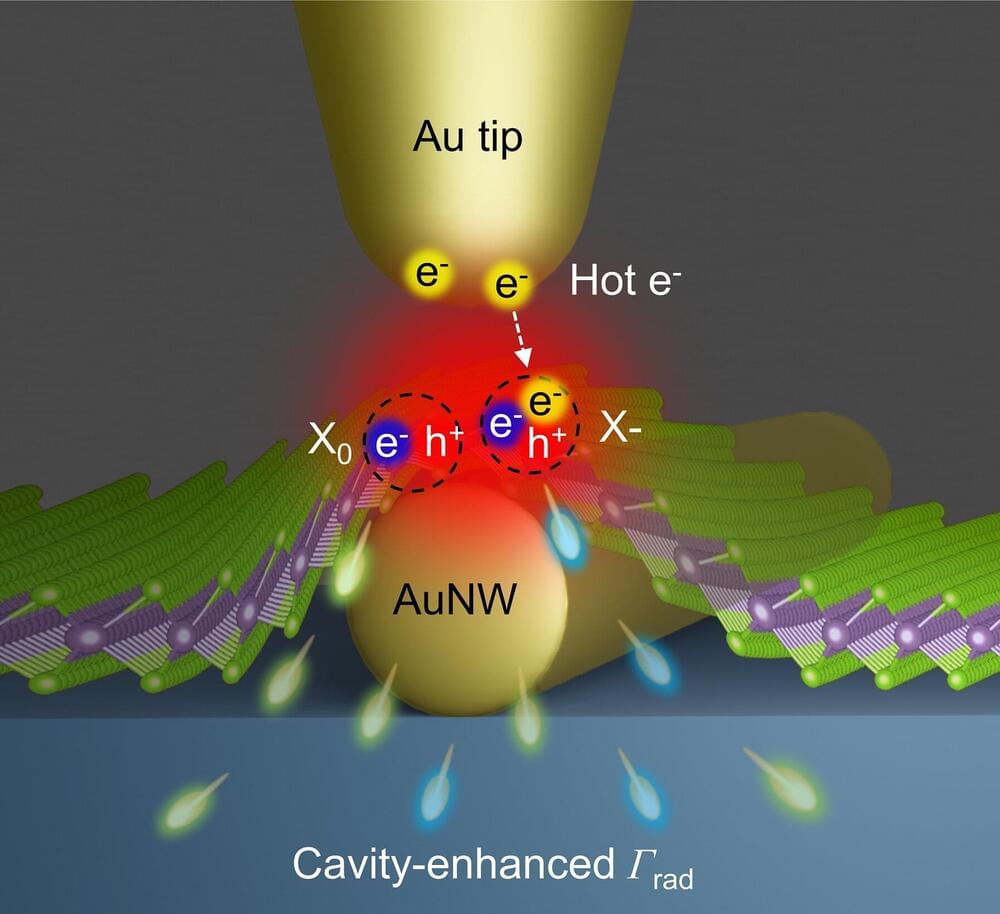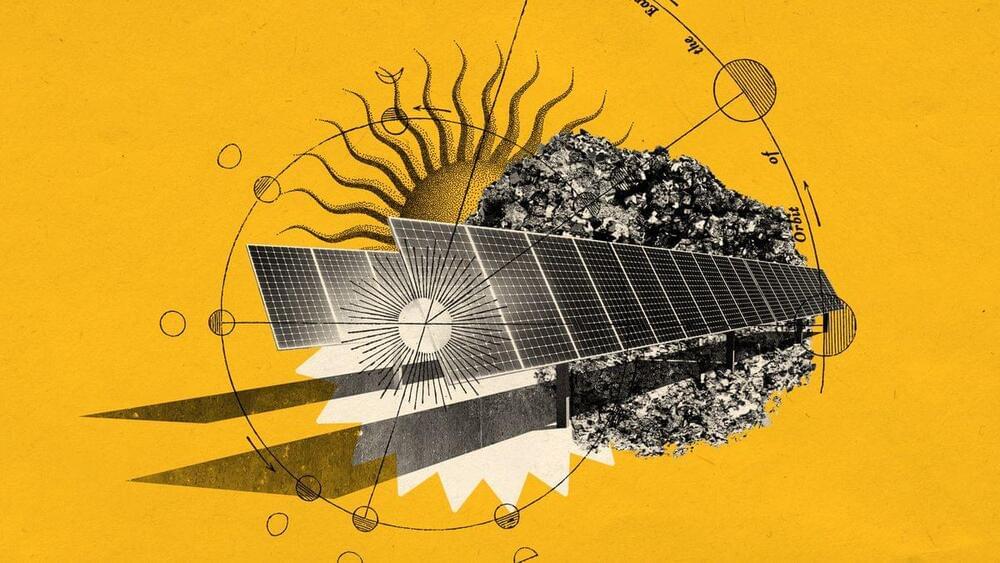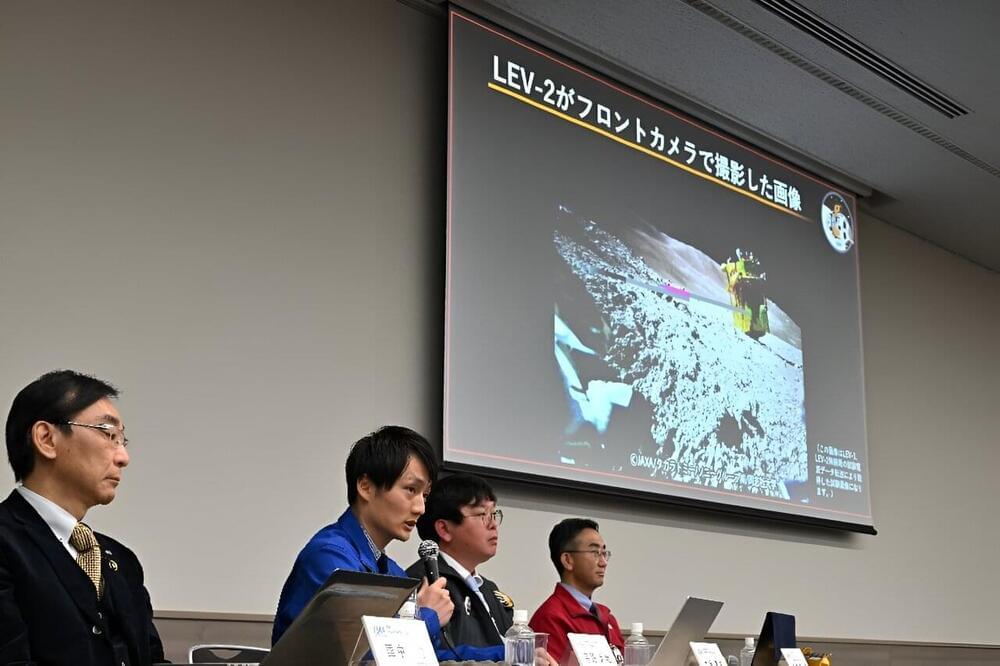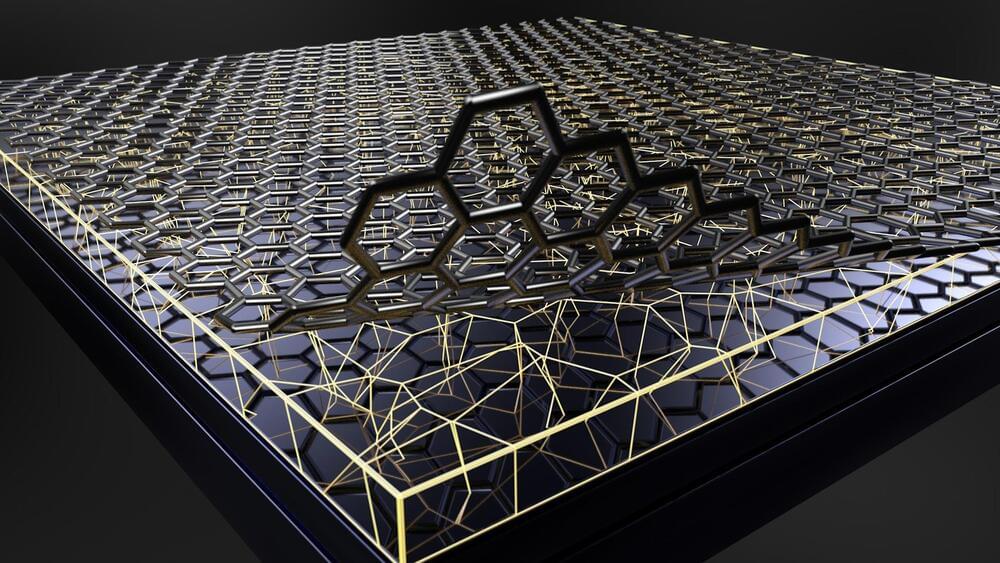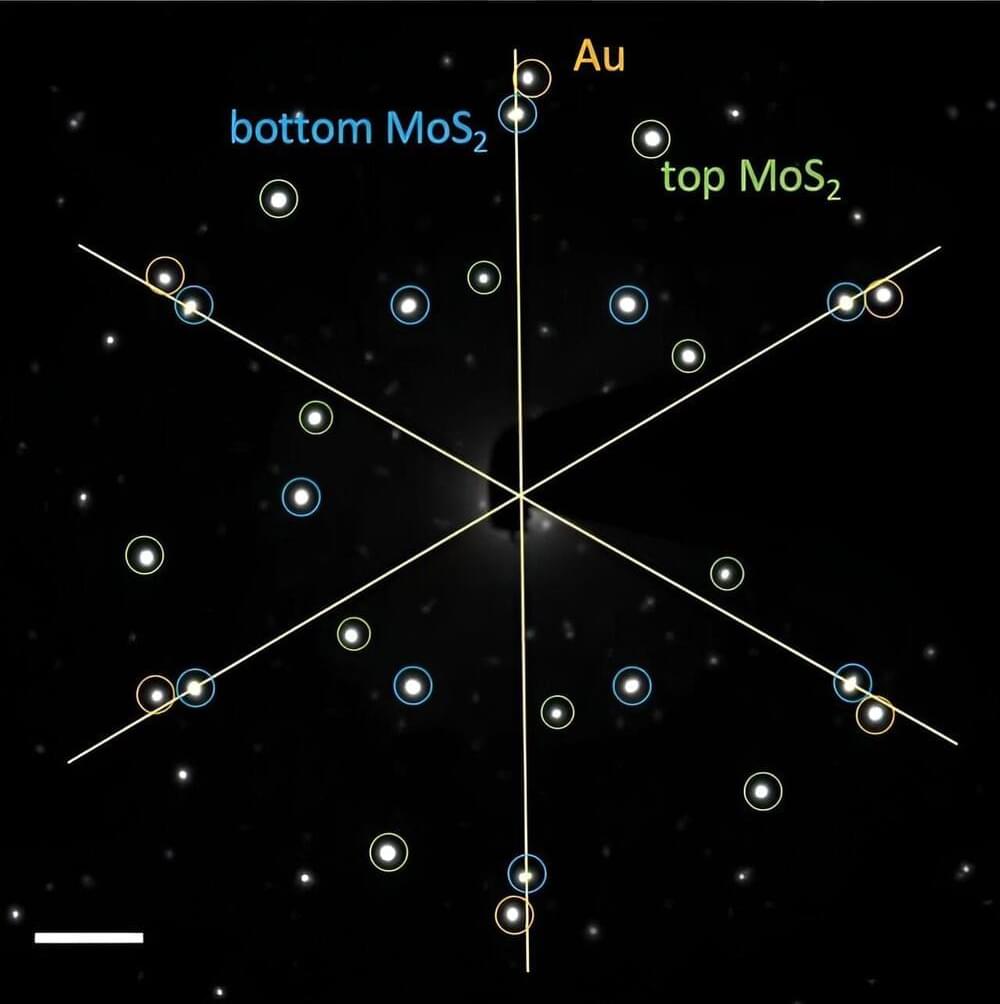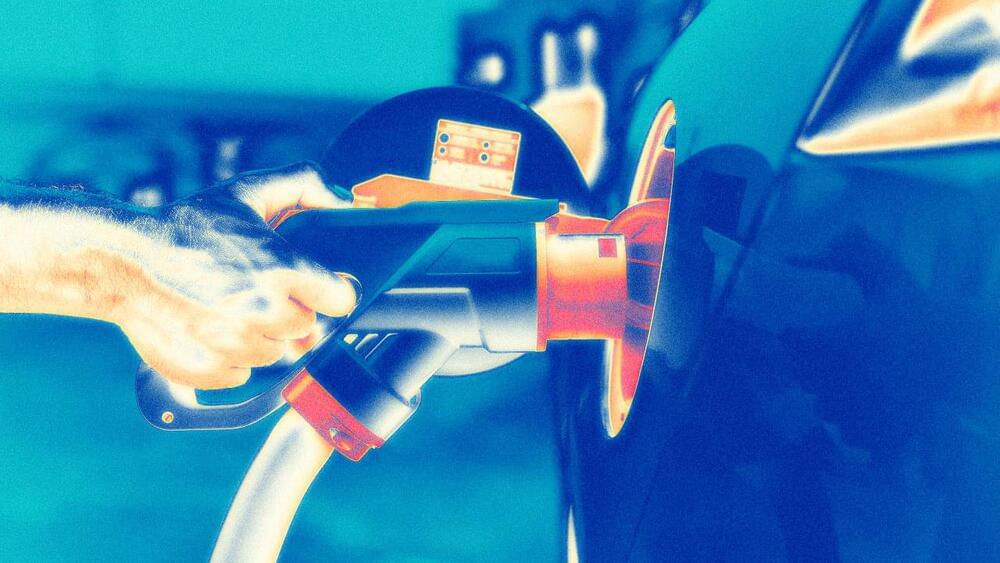Feb 3, 2024
World’s most efficient QD solar cells developed by Korean researchers
Posted by Gemechu Taye in categories: solar power, sustainability
The researchers claim to have achieved 18 percent energy conversion efficiency, trumping all previous achievements, with just a small change.
Researchers at UNIST have used an innovative method to improve the energy efficiency of organic QD solar cells to 18 percent. Previously, it had peaked at 13 percent.
